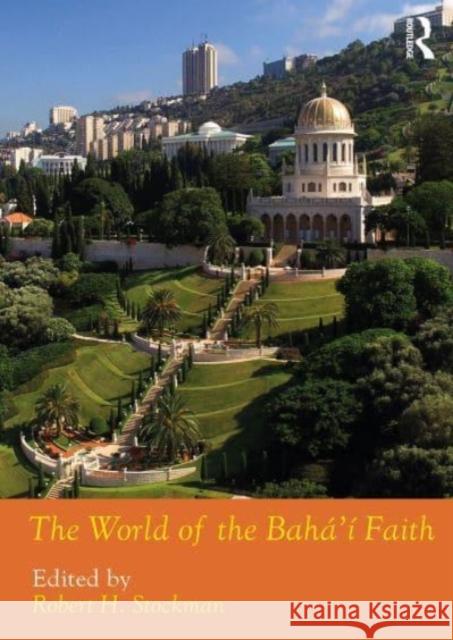The World of the Bahá'í Faith » książka
topmenu
The World of the Bahá'í Faith
ISBN-13: 9781138367722 / Angielski / Twarda / 2021 / 648 str.
The World of the Bahá'í Faith
ISBN-13: 9781138367722 / Angielski / Twarda / 2021 / 648 str.
cena 1126,48
(netto: 1072,84 VAT: 5%)
Najniższa cena z 30 dni: 1040,14
(netto: 1072,84 VAT: 5%)
Najniższa cena z 30 dni: 1040,14
Termin realizacji zamówienia:
ok. 16-18 dni roboczych.
ok. 16-18 dni roboczych.
Darmowa dostawa!
An outstanding guide to the Bahá'í Faith and its culture in all its geographical and historical diversity.











